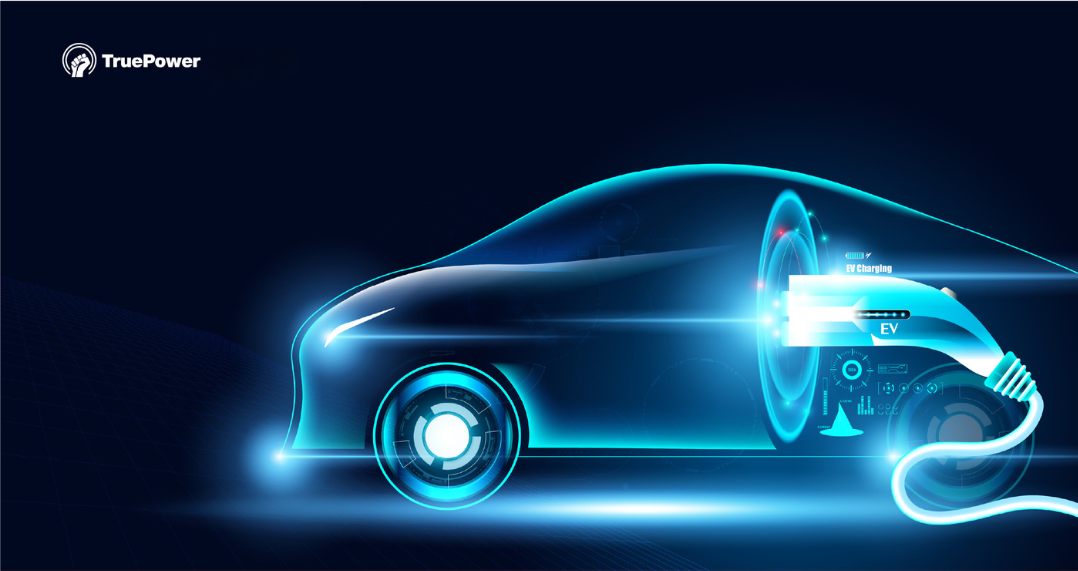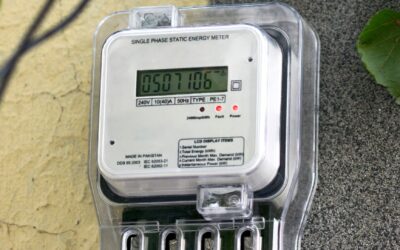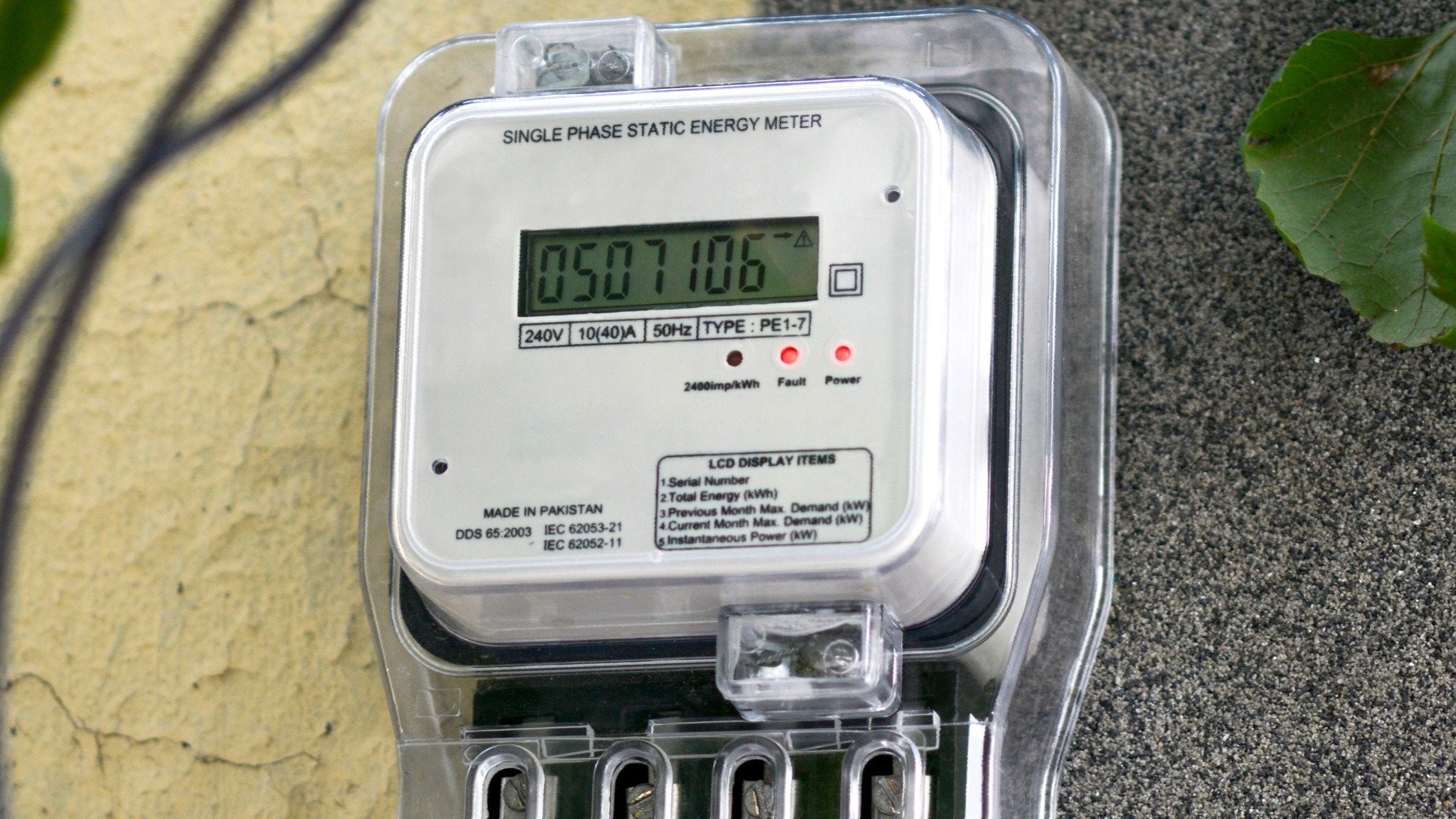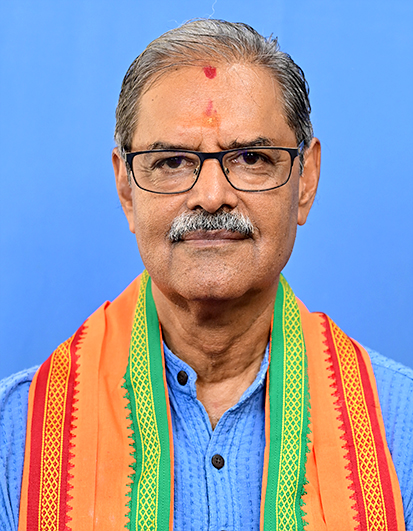Odisha ranked in ‘Aspirant’ category for EV adoption: NITI Aayog report highlights need for policy push

State scores 41, placed 7th nationally; lacks progress in patenting and EV infrastructure
Bhubaneswar: Odisha’s performance in electric vehicle (EV) mobility and adoption remains underwhelming compared to several other Indian states, as per the latest index released by NITI Aayog. The state scored a total of 41 points and was ranked 7th nationally, falling into the ‘Aspirant’ category, indicating significant room for improvement.
The report categorizes states into four tiers: Achievers, Front-runners, Performers, and Aspirants. Notably, no state made it to the ‘Achievers’ category this year. Delhi, Maharashtra, and Chandigarh have been listed as Front-runners, while Karnataka, Tamil Nadu, and Haryana were categorized as Performers. Odisha, meanwhile, shares the ‘Aspirant’ tier with several other states and Union Territories, showing limited progress on multiple key indicators of EV readiness.
NITI Aayog’s evaluation covers a wide range of parameters, including government policy measures, infrastructure readiness, and consumer adoption. Odisha scored zero in the patents category and only 2 points in purchase incentives, pointing to a lack of innovation and insufficient motivation for EV buyers. Similarly, the state’s performance was found lacking in critical areas such as electricity availability for charging, commercial EV adoption, EV-to-charging station ratio, and startup ecosystem support.
Recommendations to boost EV ecosystem in Odisha
In response, NITI Aayog has made several recommendations aimed at accelerating EV adoption in Odisha:
* Subsidies for EV retrofit kits: Financial incentives to encourage retrofitting of conventional vehicles.
* Dedicated EV parking spaces: Establishment of reserved zones for EVs in public and private areas.
* Creation of low emission zones: Demarcated areas within urban settings to reduce pollution and prioritize electric mobility.
* Enhanced purchase incentives: Expansion of subsidy schemes for consumers to buy electric two-wheelers, three-wheelers, and four-wheelers.
* Lower electricity tariffs for charging stations: Reduction of power costs to make public charging more affordable and accessible.
* Single window approval system: Streamlined clearance for EV charger installations to reduce bureaucratic delays.
* Research and development centers: Establishment of dedicated R\&D hubs focused on EV technology, including battery innovation and skill development.
These suggestions, if implemented, could help Odisha transition faster toward sustainable transport and join the ranks of better-performing states. The report emphasizes that a robust EV ecosystem not only supports climate goals but also fosters job creation, industrial growth, and energy independence.
While Odisha has taken some initial steps, the slow pace of implementation and lack of infrastructure remain significant challenges. Unless proactive policy and infrastructure reforms are undertaken, the state risks falling further behind in India’s rapidly evolving EV landscape.








